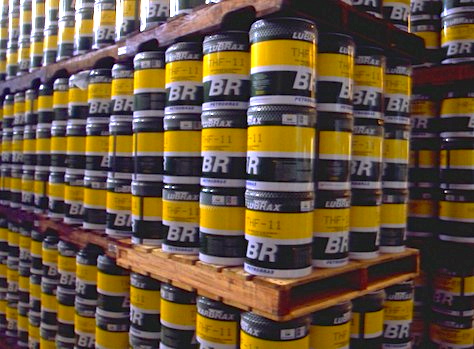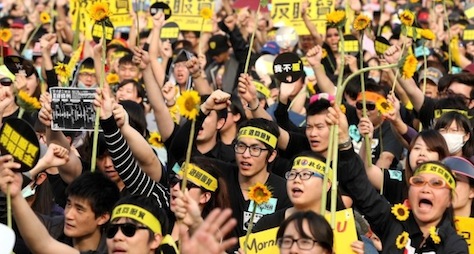 Photo credit to Geraldo Geraldo Falcão.
Photo credit to Geraldo Geraldo Falcão.
The most striking thing the latest sensational scandal involving Brazil’s state oil company is that president Dilma Rousseff’s poll standing has actually increased since the story broke three weeks ago.![]()
If Rousseff, as polls predict, wins the first round presidential vote on October 5, it will be largely because Brazilian voters have shrugged off the latest scandal involving Petrobras and several leading Brazilian figures, along with 12 years of scandals that have now accumulated after three consecutive terms of rule by Rousseff’s Partido dos Trabalhadores (PT, Workers Party).
Former Petrobras executive Paulo Roberto Costa, who was arrested in the spring during an investigation into money laundering, has allegedly testified that dozens of top officials, mostly within Rousseff’s own party, routinely took a 3% kickback on some of the company’s contracts dating back to 2004, when Rousseff, then the minister for energy and mines, technically oversaw Petrobras’s operations.
Among the politicians that Costa singled out was former Pernambuco governor Eduardo Campos, the former presidential candidate who died in a plane crash in August; Henrique Eduardo Alves, the president of the Câmara dos Deputados (Chamber of Deputies), the lower house of the Brazilian congress; and Edison Lobão, the minister for energy and mines, and a member of the centrist Partido do Movimento Democrático Brasileiro (PMDB, Brazilian Democratic Movement Party).
Campos’s alleged involvement may be why the allegations haven’t apparently hurt Rousseff’s ratings against Marina Silva, Campos’s former running mate and now the candidate of the Partido Socialista Brasileiro (PSB, Brazilian Socialist Party). Campos’s party spent much of the past 12 years supporting the governments of both Rousseff and her predecessor, Luiz Inácio Lula da Silva, and Marina Silva, then a member of the Workers Party, served for five years as environmental minister.
But Rousseff’s other major rival, former Minas Gerais governor Aécio Neves, the candidate of the center-right Partido da Social Democracia Brasileira (PSDB, Brazilian Social Democracy Party), has been unable to generate much success by emphasizing the scandal. Neves generally trails both Rousseff and Silva in polls ahead of Sunday’s first-round presidential vote. If, as expected, no candidate wins 50% of the vote, the top two candidates will advance to a runoff on October 26.
But as audacious as the Petrobras scandal could turn out to be, it will take its place under a penumbra of troubling corruption that dates back to Lula da Silva’s first term as president. Continue reading Petrobras scandal highlights 12 years of Brazilian corruption

